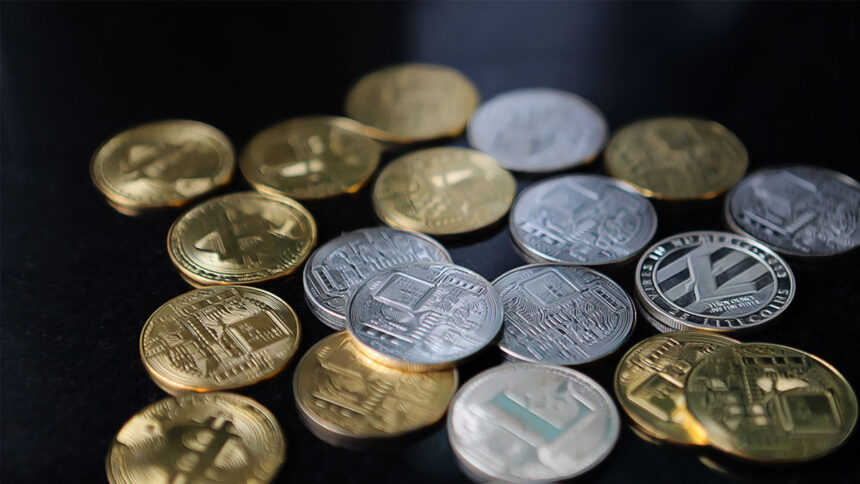South Korea is set to revise its financial regulations to facilitate cryptocurrency trading for institutional players. A pilot initiative, anticipated to commence before the end of 2025, will enable 3,500 accredited investors to establish accounts using their verified identities. This move is part of a broader effort to enhance market transparency and security.
What Led to the 2017 Restrictions?
Back in 2017, South Korea imposed a ban on institutional access to the cryptocurrency sector to combat money laundering and curb market speculation. During this time, banks limited the ability of institutional investors to open accounts under their real names, which contributed to heightened volatility and security issues within the market.
How Will the New Law Protect Investors?
The recently enacted Digital Asset User Protection Law, effective from 2024, introduces essential safeguards for investors and aims to elevate market transparency. By bolstering regulations and oversight, the law intends to create a safer environment for institutional investors.
The Financial Services Commission has reiterated that the main objective of this regulation is to uphold market stability while promoting a robust competitive landscape. The pilot will specifically allow these professionals to convert existing cryptocurrency holdings into fiat currency, a strategy aimed at minimizing volatility and reducing market risks.
- The pilot program is set to launch by late 2025.
- A total of 3,500 professional investors can open accounts under real names.
- The Digital Asset User Protection Law includes measures for investor protection and increased market transparency.
- Third-party custody services and transaction reporting are part of the new regulations.
Authorities emphasize that these regulatory changes are designed to address excessive speculation and enhance overall financial transparency, paving the way for a more secure trading environment for institutional investors in the cryptocurrency sphere.












